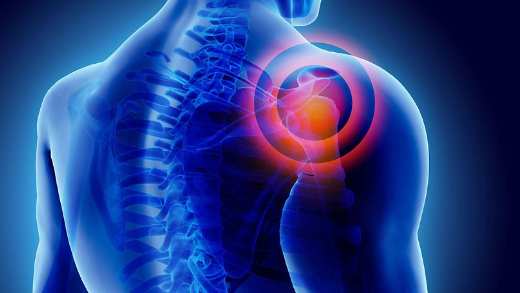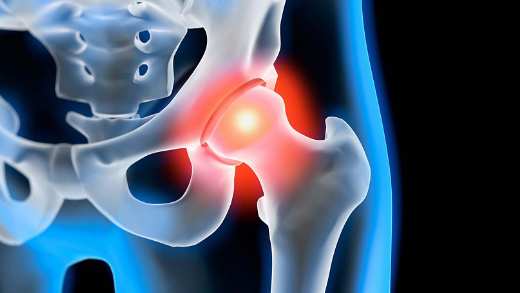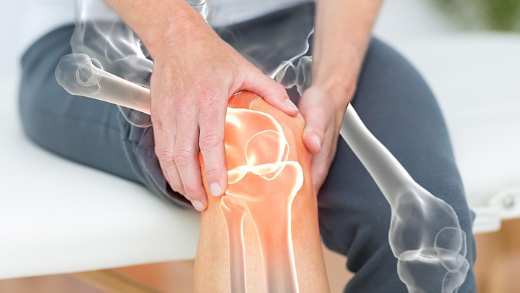Dr Doug Wright, Aviva UK Health Medical Director on how some simple lifestyle changes which could make life a little easier if you’re experiencing menopause symptoms.
Some people find that managing the menopause is a breeze. For many others, it can be a bit more… stormy. The symptoms – and their severity – can vary considerably from one person to the next, as can the age at which they begin and how long they last. If you’re finding it difficult to cope with some of the symptoms, talking to your GP is always a good step to take. There may also be measures your employer could take to help you, and there are also support groups and charitable organisations ready to offer guidance… the important thing is not to think that you’re on your own.
This said, some simple adjustments to your lifestyle – which you could make for yourself – could also help to make things that bit easier. You might consider…
1. Taking a look at what you’re eating
Eating a healthy, balanced diet has a great many benefits, and can be particularly helpful for people experiencing the menopause. As well as eating plenty of fruit and vegetables, it’s important to make sure you’re not missing out on sources of calcium, at a time when bones may be starting to get more brittle. You don’t have to go on a dairy binge – the equivalent of a small pot of yoghurt a day, or 200ml of skimmed milk could make a difference. And if you don’t eat dairy at all, maybe step up the oat milk or tofu.
Alcohol, caffeine and spicy foods are thought to trigger the hot flushes which so many of us run into during the menopause. Avoiding these – or cutting back on them, we’re all human – works for some people.
2. You should get out more
Our country may not be blessed with endless sunny days, but it’s worth making the most of the ones we do get. Apart from the exercise benefits of taking a regular walk outside, sunshine boosts vitamin D levels, which can help to reduce your chances of developing osteoporosis as your oestrogen levels go down. In winter, when sunshine’s a particularly rare commodity, it may help to consider taking a vitamin D supplement.
3. Get some more sleep
Yes, it’s easier said than done, especially if you’re bothered by the night sweats. But a few simple measures may help…
- Open a window before you settle down for the night… and keep the bedroom quiet, dark and cool.
- Take time to unwind with a book, a bath or some music before bedtime.
- Stay off the alcohol and coffee late in the day – maybe try camomile tea instead.
- Stick to a consistent bedtime – a regular sleep routine is a good idea.
4. Get fit for a purpose
Regular exercise can bring particular benefits to someone who’s passing through the menopause. It can be good to relieve psychological symptoms such as anxiety, in addition to the obvious physical benefits – and you don’t have to do anything especially strenuous. Yoga could be just what’s needed here. Weight-bearing and resistance exercise can also be good to help you look after your bones.
If one of your symptoms is urinary incontinence, you could try some pelvic floor exercises to reduce these episodes by strengthening the muscles in this part of your body.
5. Don’t stay silent about discomfort
Onto a sensitive subject – sexual discomfort. Decreases in hormone production can lead to issues including vaginal dryness, but there are some very straightforward ways to treat this. Lubricants and moisturisers are available without a prescription, but you should only use water-soluble products – oil-based lubricants can actually make matters worse.
6. Keep your cool
As may people know only too well, hot flushes and night sweats are among the most frequent menopause symptoms. Sometimes, quite simple measures can be all that’s needed to take the edge off the problem:
- Wearing lighter clothing
- Taking a cool shower
- Using a fan
- Having more cold drinks
If the flushes and sweats are frequent or severe, it may be worth having a chat with your GP. They may suggest hormone replacement therapy (HRT).
Self-help can help… but don’t feel you have to go it alone
We hope our simple suggestions go some way to help you manage your menopause symptoms.
But don’t forget that your GP will be able to advise what’s best for you... especially if some of your symptoms do turn out to be more storm than breeze.
















